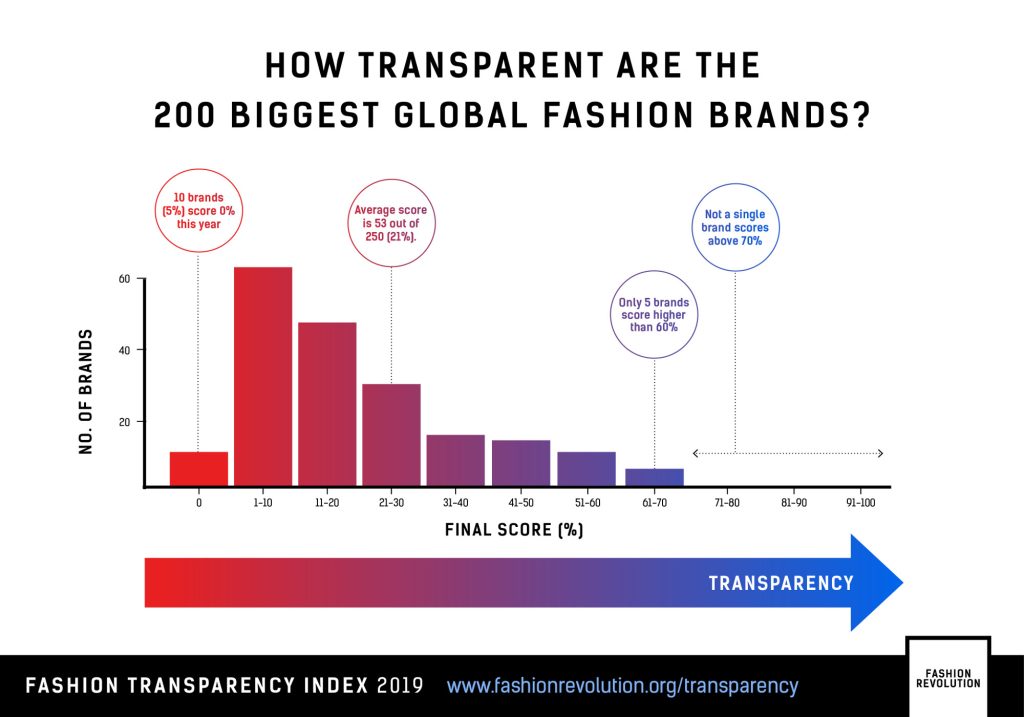In today’s rapidly evolving marketplace, the term Sustainable Brands Lead Industry Change has become a pivotal concept for businesses aiming to thrive in a competitive environment. As consumers increasingly prioritize sustainability, brands that adopt eco-friendly practices are not only enhancing their reputation but also driving significant shifts across various industries. This article delves into the transformative power of sustainable brands and their role in fostering a greener future, highlighting key trends and strategies that are reshaping the business landscape.
Throughout this article, you will discover how leading sustainable brands are redefining success by integrating environmental responsibility into their core operations. We will explore case studies of companies that have successfully implemented sustainable practices, showcasing the tangible benefits they have reaped, from increased customer loyalty to improved operational efficiency. Additionally, we will discuss the challenges these brands face and the innovative solutions they are employing to overcome them.
As we navigate through the intricacies of sustainable branding, you will gain insights into the essential elements that contribute to a brand’s sustainability journey. From supply chain transparency to ethical sourcing, each aspect plays a crucial role in establishing a brand’s credibility and commitment to sustainability. Join us as we uncover the strategies that not only lead to industry change but also inspire a collective movement towards a more sustainable world. Read on to learn how you can be part of this exciting transformation!
In recent years, the concept of sustainability has gained significant traction across various industries. Sustainable brands are not just a trend; they represent a fundamental shift in how businesses operate and engage with their stakeholders. This article explores the key aspects of how sustainable brands are leading industry change.
The Rise of Conscious Consumerism
Conscious consumerism refers to the growing trend of consumers making purchasing decisions based on ethical considerations, including environmental impact and social responsibility. As awareness of climate change and social issues increases, consumers are more inclined to support brands that align with their values. This shift has prompted many companies to adopt sustainable practices, from sourcing materials responsibly to ensuring fair labor practices.
Brands that prioritize sustainability often see increased customer loyalty and brand advocacy. By transparently communicating their sustainability efforts, these brands can build trust with consumers, who are increasingly seeking authenticity in their purchasing decisions. This trend not only benefits the brands but also encourages other companies to follow suit, creating a ripple effect throughout the industry.
Innovative Sustainable Practices
Sustainable brands are at the forefront of innovation, developing new practices that minimize environmental impact. This includes adopting circular economy principles, where products are designed for reuse and recycling, thus reducing waste. Companies are also investing in renewable energy sources and sustainable materials to lower their carbon footprint.
For instance, brands in the fashion industry are exploring eco-friendly fabrics and ethical production methods. By prioritizing sustainability in their operations, these brands not only contribute to environmental preservation but also set new standards for the industry. This innovation is crucial for attracting environmentally conscious consumers and staying competitive in a rapidly changing market.
The Role of Technology in Sustainability
Technology plays a pivotal role in enabling sustainable practices across industries. From supply chain transparency to energy-efficient production processes, technological advancements are helping brands reduce their environmental impact. For example, blockchain technology is being used to trace the origins of materials, ensuring ethical sourcing and production.
Moreover, data analytics allows companies to optimize their operations, reducing waste and improving efficiency. As technology continues to evolve, sustainable brands are leveraging these tools to enhance their sustainability efforts, making it easier for consumers to make informed choices about the products they purchase.
Collaborations for Greater Impact
Many sustainable brands are recognizing the power of collaboration in driving industry change. By partnering with NGOs, government agencies, and other businesses, these brands can amplify their impact and reach a broader audience. Collaborative initiatives often focus on shared goals, such as reducing carbon emissions or promoting sustainable practices within supply chains.
These partnerships not only enhance the credibility of sustainable brands but also foster a sense of community among stakeholders. By working together, brands can share resources, knowledge, and best practices, ultimately leading to more significant advancements in sustainability across the industry.
Measuring and Reporting Sustainability Efforts
Transparency is key in the realm of sustainability. Sustainable brands are increasingly adopting metrics to measure their environmental and social impact. This includes reporting on carbon emissions, waste reduction, and social equity initiatives. By providing clear and accessible information, brands can demonstrate their commitment to sustainability and hold themselves accountable.
Many companies are now publishing annual sustainability reports, which outline their goals, progress, and challenges. This practice not only builds trust with consumers but also encourages other brands to adopt similar reporting standards, fostering a culture of accountability within the industry.
The Future of Sustainable Branding
The future of sustainable branding looks promising as more consumers demand accountability and ethical practices from the brands they support. As sustainability becomes a core value for businesses, we can expect to see a shift in industry standards, with sustainability integrated into every aspect of operations.
Brands that embrace this change will not only thrive in the marketplace but also contribute to a more sustainable future. The ongoing evolution of consumer expectations and technological advancements will continue to shape the landscape of sustainable branding, making it an exciting area to watch in the coming years.
| Aspect | Description |
|---|---|
| Definition | Sustainable brands are companies that prioritize environmental and social responsibility in their business practices. |
| Importance | They play a crucial role in addressing climate change, resource depletion, and social inequality. |
| Consumer Demand | There is a growing consumer preference for brands that demonstrate sustainability, influencing market trends. |
| Innovation | Sustainable brands often lead in innovation, developing new products and processes that reduce environmental impact. |
| Collaboration | These brands frequently collaborate with NGOs, governments, and other businesses to promote sustainable practices. |
| Challenges | Despite their positive impact, sustainable brands face challenges such as higher costs and greenwashing accusations. |
| Future Outlook | The trend towards sustainability is expected to grow, with more brands adopting sustainable practices as a core part of their strategy. |



